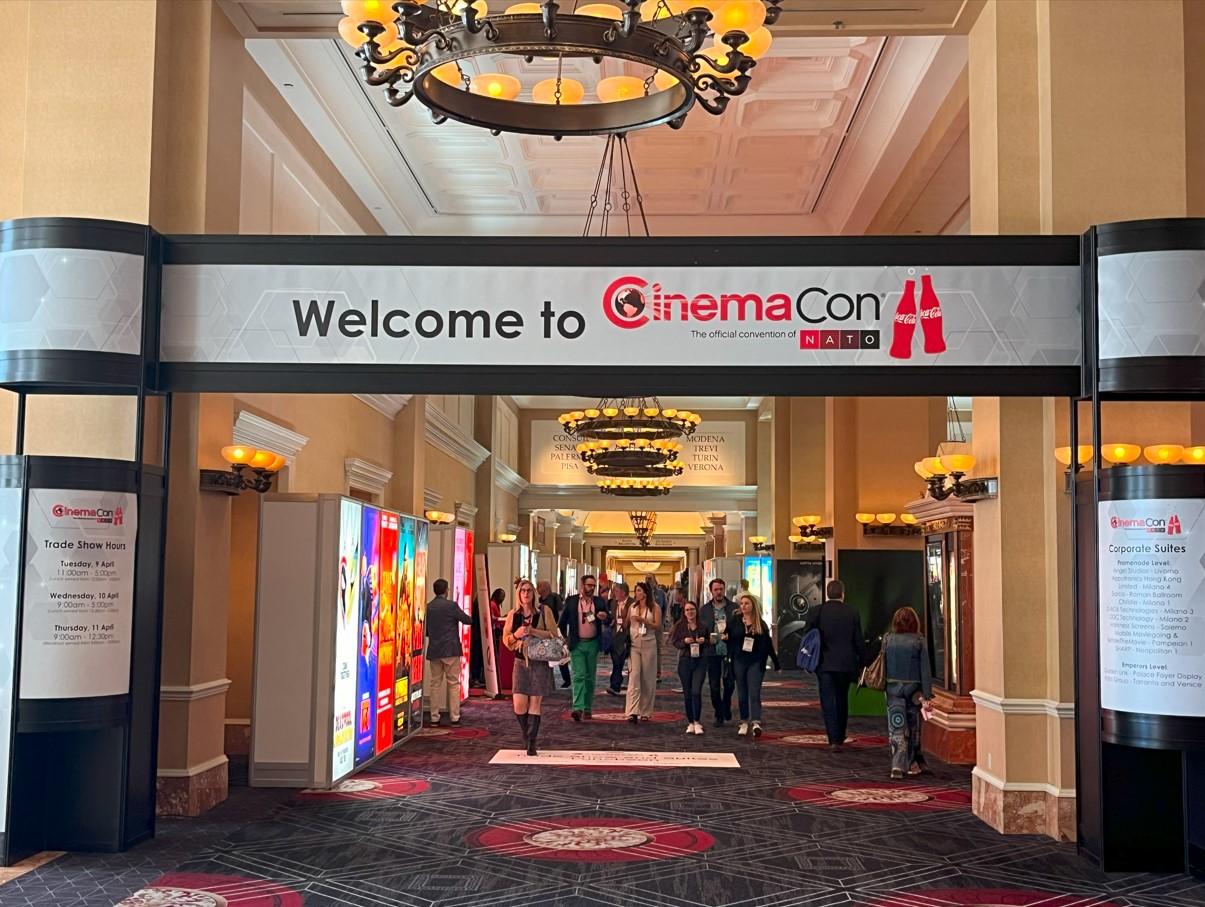At this year’s CinemaCon “State of the Industry” presentation at Caesar’s Palace in Las Vegas, Charles Rivkin, Motion Pictures Association (MPA) Chairman and CEO, addressed the on-going battle with piracy.
Rivkin says that the MPA focuses on two pillars: protecting content and the people who produce it, and with that allowing the creative forces of this industry to reach a bigger audience worldwide.
The impact of piracy
According to The Heritage Foundation there were over 17 billion visits to piracy sites in the U.S. in 2018. That number is more than any other country in the world including China and Russia.
In his address, Rivkin reminded us that those running those illegal sites, are not just teenagers trying to pull a fast one, rather a more sinister group.
“The … organized crime syndicates – many of whom engage in child pornography, prostitution, drug trafficking, and other societal ills”, said Rivkin.
He then went on to state that piracy, is not a victimless crime. Telling the CinemaCon crowd that included theater business owners that along with undermining everyone that works in the production of films, that film piracy takes tens of billions of dollars away from the industry including over a billion dollars in box office sales.
MPA wants the U.S. to implement “Site-Blocking”
With that in mind, Rivkin announced the next “major” phase in the effort to combat piracy for the MPA. They will be working with members of the U.S. Congress to try and enact judicial site-blocking legislation here in the U.S. He explains that “site-blocking” is a targeted, legal tactic to disrupt the connection between digital pirates and consumers. This would allow all-types of creative industries to request in court, that internet providers block access to websites dedicated to sharing illegal, stolen content.
Rivkin emphasized that this would only target stolen material, and it allows the accused to go through due process and face a court of law to plead their case. This is not a new concept as almost 60 countries around the world already use site-blocking as a tool to combat piracy.
Site-Blocking has it’s critics
Here in the U.S. this is not a new concept either. Back in 2012 there was backlash at the idea as some claimed that implementing site-blocking would quote “break the internet”. There were also concerns that this would block free speech.
“But again, real-world experience proved those dire predictions wrong. Examples of free speech violations are practically non-existent. Safeguards exist to ensure the protection of everyone’s legal rights,” said Rivkin.
Only time will tell if a U.S. Congress that can’t seem to agree on much these days would take the MPA’s plea to implement something like site-blocking to help the industry combat piracy.
A plea to theater owners at CinemaCon
“The MPA is leading this charge in Washington. And we need the voices of theater owners – your voices – right by our side. Because this action will be good for all of us: Content creators. Theaters. Our workforce. Our country”, said Rivkin to the CinemaCon audience.




